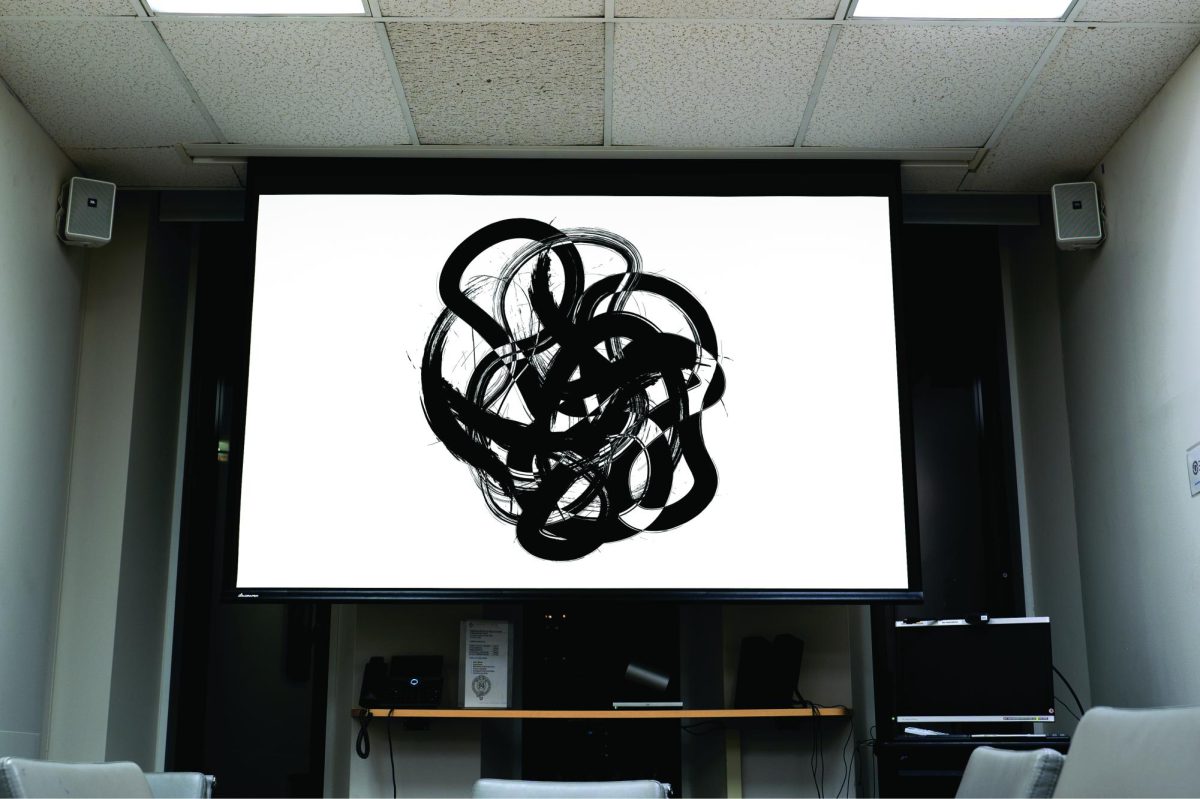The Fordham College at Lincoln Center (FCLC) and Fordham College at Rose Hill (FCRH) deans’ offices have hired 11 new staff members within their new academic advising center to support ongoing student needs. The academic advising model launched last year with hopes of transitioning to a one-on-one approach where students connect with assigned faculty mentors.
Among the new staff members are academic advisers and an inaugural director of transfer students. Over the summer since the new model began, three academic advisers hired during the 2022-2023 school year resigned due to “personal reasons or other opportunities last year,” according to the deans of FCLC and FCRH, Laura Auricchio and Maura Mast, respectively, in a joint statement.
Members of the classes of 2026 and 2027 are paired with one of eight advisers to explore academic, career and life goals as they enter their first and sophomore years. Academic advisers work alongside department programs to ensure their students are meeting and exceeding academic progress and course registration, understanding major and minor degree requirements, and searching for study abroad, internship and undergraduate research opportunities.
The model led students to feel as if they were being directed from one department to another, causing a lack of communication and efficiency.
Auricchio and Mast shared that their fellow deans are now working with faculty, chairs and associate chairs to help them build models for faculty mentorship. Faculty mentors serve as an additional key component to the new plan as students are encouraged to engage with Fordham faculty members to achieve their academic and career goals.
The deans agreed they felt interactions between students and faculty had been “transactional” before the initiation of the new advising model and the model led students to feel as if they were being directed from one department to another, causing a lack of communication and efficiency.
The advising system implemented last year, was created as part of the university’s strategic plan to redesign policies and practices for academic advising and support from the perspective of student access. In 2020, Aurrichio and Mast convened a Task Force on Undergraduate Academic Advising (TFUAA) to address fulfilling student needs, examine advising practices and propose new models.
Using town halls and anonymous surveys, the task force measured student opinion on various models, creating one that consisted of the creation of the Academic Advising Center.
Current sophomores at FCLC who were under the advising system established during the last academic year shared that they were satisfied with their relationship with their academic adviser prior to the resignations.
Anna Apter, FCLC ’26, said she felt supported by her now-resigned adviser.
“Whenever I needed help with something, she was always there and always answering me quickly and helping out.” Apter noted.
However, her experience shifted following the resignation of her adviser earlier this year. Sophomores are now looking to build relationships with the new advisers they have been assigned.
The administration also established an associate dean for academic advising position, currently held by Ashlee Burrs, to ensure the academic advising center complies with the expectations of the incoming class of 2026 at the time.
There will continue to be changes to meet what FCLC and FCRH students need to achieve success.
The associate dean collaborates with administration at the Lincoln Center and Rose Hill campuses to set standardized expectations of its advisers.
Burrs did not respond to a request for comment at the time of publication.
Retention rates from fall 2022 to spring 2023 now suggest an increase in first-semester student retention as per the deans and students reporting their satisfaction with their advisers. Nonetheless, satisfaction rates also increased in place with the new advising model.
Luísa Ferreira, FCLC ’26, was a part of the first class to be integrated into the new advising model and expressed her satisfaction.
“It’s comforting to know there’s somebody I can ask, especially with my academics, that I can come up to with questions and will guide me,” Ferreira said.
Ferreria noted that she mostly communicates with her academic adviser on matters such as setting up her schedule and financial aid. She also noted that due to the sudden hiring of new academic advisers, she believed there were instances where her adviser provided incorrect or incomplete information.
“There was a time where she gave me the wrong information because it was her first year at Fordham, so I had to look it up and fix it myself, but she was very open,” Ferreria said.
The deans noted that the new advising model emerged from two years of internal needs analysis, external research into best practices, and conversations, feedback and revisions involving faculty, staff and students from both campuses.
The class of 2026 is the first class to undergo the new academic advising model; there will continue to be changes to meet what FCLC and FCRH students need to achieve success.
“Building on the groundwork laid by committees over the past year, the College Deans are now working with Faculty, Chairs, and Associate Chairs to help them build intentional models for faculty mentorship,” Mast and Auricchio said.


